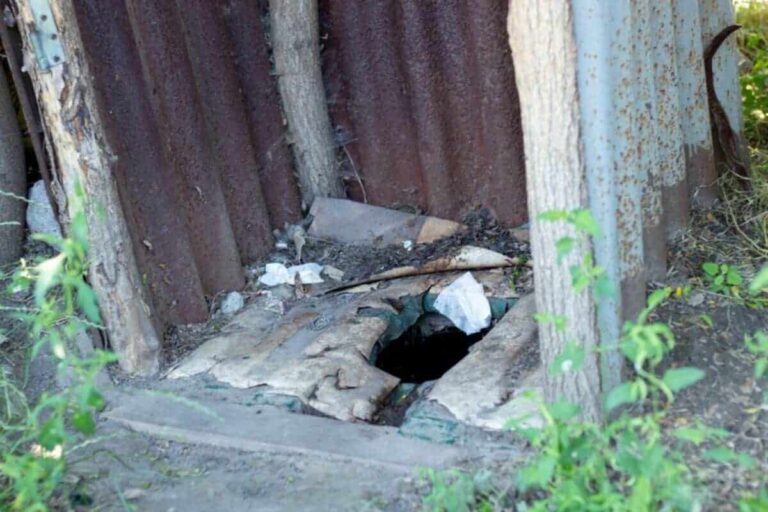The deadline to provide schools with pit latrines with proper sanitation facilities has passed again, highlighting the challenges in accessing basic infrastructure.
Despite legal mandates and ongoing efforts, the Limpopo department of education’s failure to meet the deadlines raises critical questions about education infrastructure and the impact on pupils’ well-being, said civil society group Equal Education (EE).
80 of 566 still lack proper toilets
According to the organisation, an implementation report from December 2023 revealed that 80 out of 566 identified priority one schools in Limpopo still lacked proper toilets, with construction yet to commence in some.
Masechaba Ntsane of Equal Education said this pattern of missed deadlines was not new, with those in 2016 and 2020 also unmet, signalling a persistent struggle to ensure basic rights for pupils across the province.
“The constant goal shifting of the department of education in the province is indicative of a lack of political will and urgency.
“Pit toilets remain an imminent threat to the lives of pupils, as seen with Michael Komape [a five year old who fell into a pit toilet at school and drowned in 2014].
“It is appalling that 10 years after this incident, we still have children as young as six using toilets that are dangerous, illegal and not age-appropriate.”
ALSO READ: Lenasia pit toilets, now full, ‘unsanitary’ and ‘unsafe’
The death of Komape in 2014 at his primary school in Limpopo sparked outrage and put South Africa’s failing school infrastructure system under scrutiny.
Education department fail to enage civil groups
According to EE, the department had failed to engage with civil groups on the issue, indicating lack of political will. “If the department actually wanted to eradicate pit toilets, they would engage with organisations like EE to ensure they do this,” she said.
The Public School Infrastructure law, enacted in November 2013, set clear directives for the replacement of pit toilets with safe facilities.
Schools in the rural Eastern Cape and KwaZulu-Natal also came under fire for failing to provide adequate sanitation facilities. Ntsane recommended that the department furnish the organisation with quarterly progress reports.
“We recommend the department be more transparent and forthcoming about their plans on how and when they will eradicate pit latrines by providing us with their outlined budget and list of implementing agents and which schools those implementing agents are assigned to.”
Key obligation to ensure children’s rights
Principal attorney at the University of Johannesburg’s Soweto law clinic Alet Beyl said the education department had the key obligation to ensure children’s rights.
“The constitution says the rights of children should be paramount. It’s of paramount importance.
ALSO READ: Saftu: Government officials must enroll their kids in public schools
“Then read that with the Bill of Rights where it says that everyone has the right to human dignity based on those two things. “It is clear that the department has failed to give these rights,” she said.
Beyl emphasised this was also likely affecting the learning environment.
“The failure to meet deadlines for providing these new facilities violates children’s rights to education and a safe learning environment.
“It is a violation of various human rights that pupils are entitled to: the right to dignity, the right to clean and safe sanitation.”
Need for accountability and transparency
Education activist and founder of the Foundation for Education and Social Justice Hendrick Makaneta said there was a major need for accountability and transparency in the implementation of infrastructure delivery plans.
“There has not been consequence management. That is what we need in terms of managing the process.
“The issue of pit toilets is not prioritised as it should be.”
ALSO READ: SAHRC investigates shocking state of pit toilets in Limpopo school

